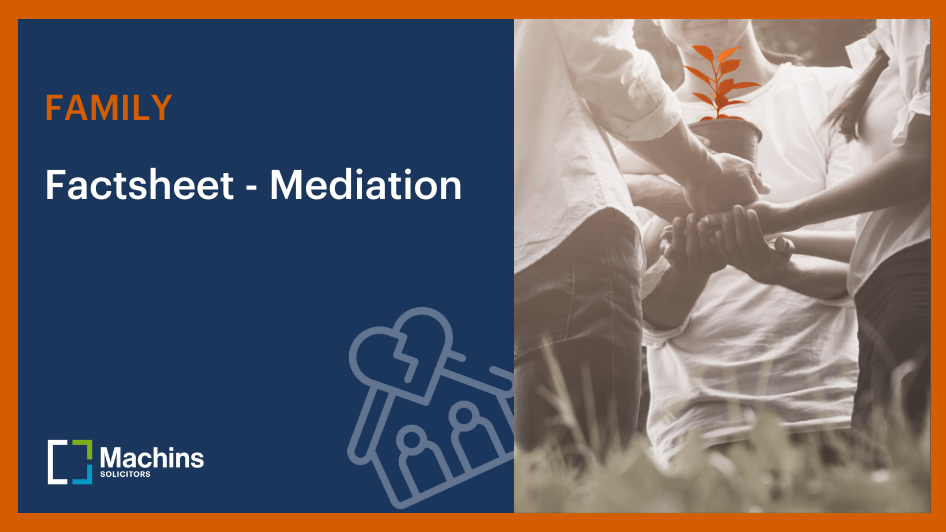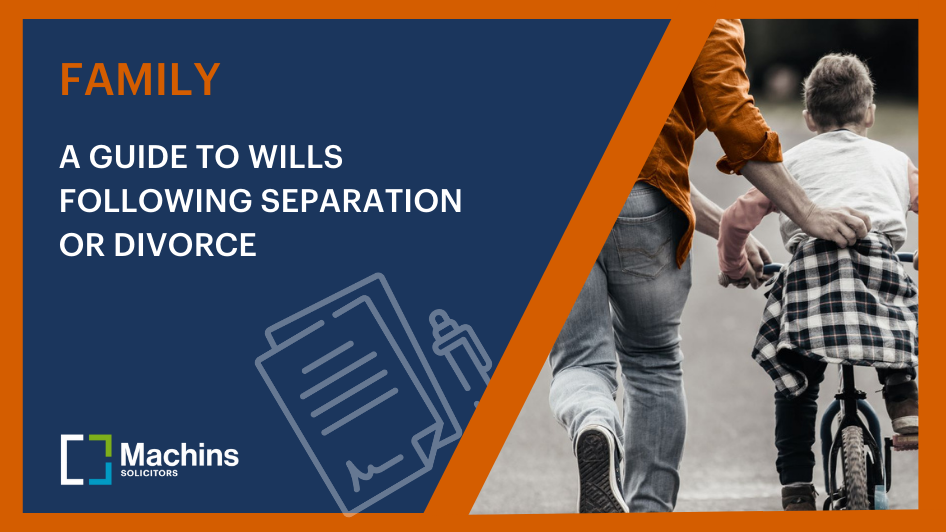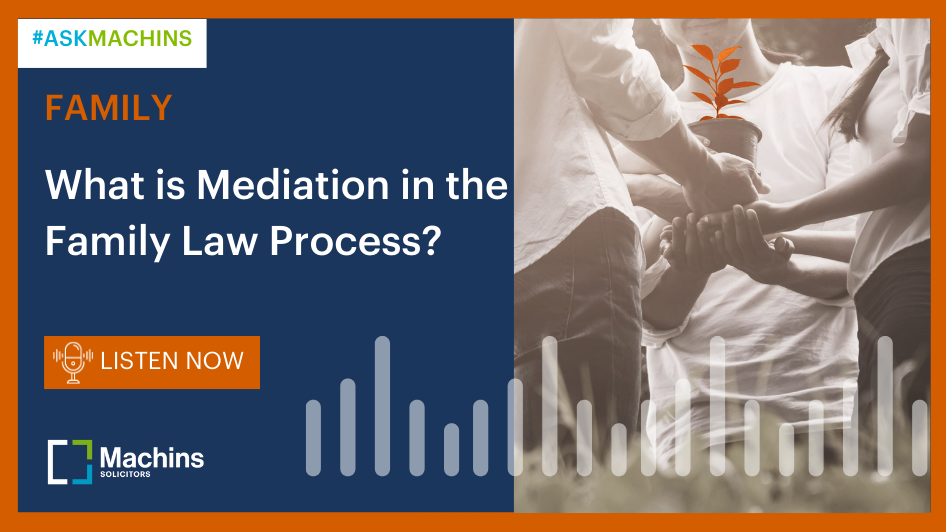Are you starting divorce proceedings?
If you’re ready to begin, you’ll be referred to as the applicant. This means you’ll need to submit the divorce application, a task that can feel daunting on top of everything else you’re dealing with. That’s where we can help.
Our experienced divorce solicitors are here to take the pressure off. We’ll handle the paperwork and guide you through the process from start to finish, so you can focus on what matters most, moving forward with your life. With our fixed-fee service, you’ll have one less thing to worry about. You will need to have been married for one year before you can start the process of applying for a divorce.
Are you responding to divorce proceedings?
If your spouse has already started divorce proceedings, you’ll be the respondent. As the respondent, you’ll receive a copy of the divorce application once the court issues it. It’s normal to feel unsure about what to do next, but we’re here to guide you through every step. Our team offers transparent pricing and compassionate support, so you’ll always know what to expect.
Do you want to apply together for your divorce?
It’s now possible for couples who both agree to divorce and want to work amicably to resolve their separation to apply jointly for a divorce. In these circumstances, the Court fee is usually shared equally and you’ll be known as applicant 1 and applicant 2 in the process. Our costs will be the same as our Fixed Fee Divorce for Applicants if you choose to apply jointly with your ex-partner.
Ready to start your divorce?
Our secure online tool can be completed at a time that suits you and helps you assess your situation and understand the next steps. By providing key information in advance, you’ll save valuable time, allowing us to focus on the core issues and outcomes when we meet.
Your information is fully confidential and securely stored.
Click the button below to begin, or if you prefer, you can call us on 01442 872311.


























